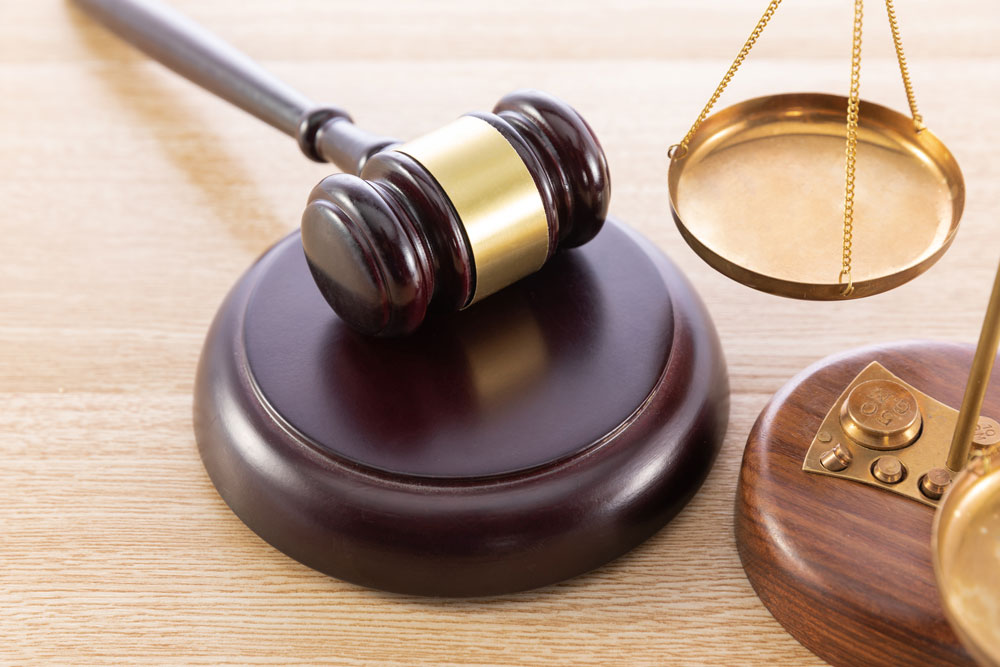
Justice Solomon continued in relevant part: In a December 2012 certification in support of Gideon’s petition, Gideon-Nichols attested that she drove Bey to the scene of the fight and found Gideon and Alford scratched up and bleeding; the two men then shook hands. She stated that Alford departed while Gideon-Nichols, Bey, and Gideon drove to the store to pick up food, ate together at home, and stayed with each other through the night. Bey produced a similar certification, stating that she and Gideon-Nichols drove to the scene of the fight and that the three stayed home together through the night.
The PCR court denied Gideon’s petition, noting that, were Gideon-Nichols and Bey to have testified, both would have contradicted Gideon’s trial testimony. The Appellate Division remanded for an evidentiary hearing. At the hearing, Gideon-Nichols and Bey testified. The PCR court found neither credible and noted that their testimony was inconsistent with Gideon’s trial testimony. The PCR court nevertheless granted Gideon’s petition. The State appealed, and the Appellate Division reversed and remanded for determination of whether Gideon was prejudiced by counsel’s deficiencies. The PCR court concluded that he was not. The Appellate Division reversed, vacated Gideon’s conviction, and remanded for a new trial, relying in large part on State v. Pierre, 223 N.J. 560 (2015). The New Jersey Supreme Court granted certification.
Pierre applied existing jurisprudence to a specific set of facts. At a PCR hearing, an alibi witness’s false or inaccurate testimony may bear upon the witness’s credibility and, while not dispositive, the claimed alibi witness’s credibility must be weighed against the strength of the evidence presented at trial and offered postconviction. Here, considering the strength of the State’s case and the weakness of Gideon’s alibi — including the extent to which his proposed witnesses would have contradicted his own account of the relevant events — the PCR court’s finding that Gideon failed to demonstrate prejudice should not have been disturbed.
It would be interesting to know how PCR counsel addressed the fact that the defendant’s trial testimony was contradicted by his PCR alibi witnesses. The natural response would be that the defendant testified falsely at trial. That would likely subject him to perjury charges in addition to the charges for which he was convicted.
